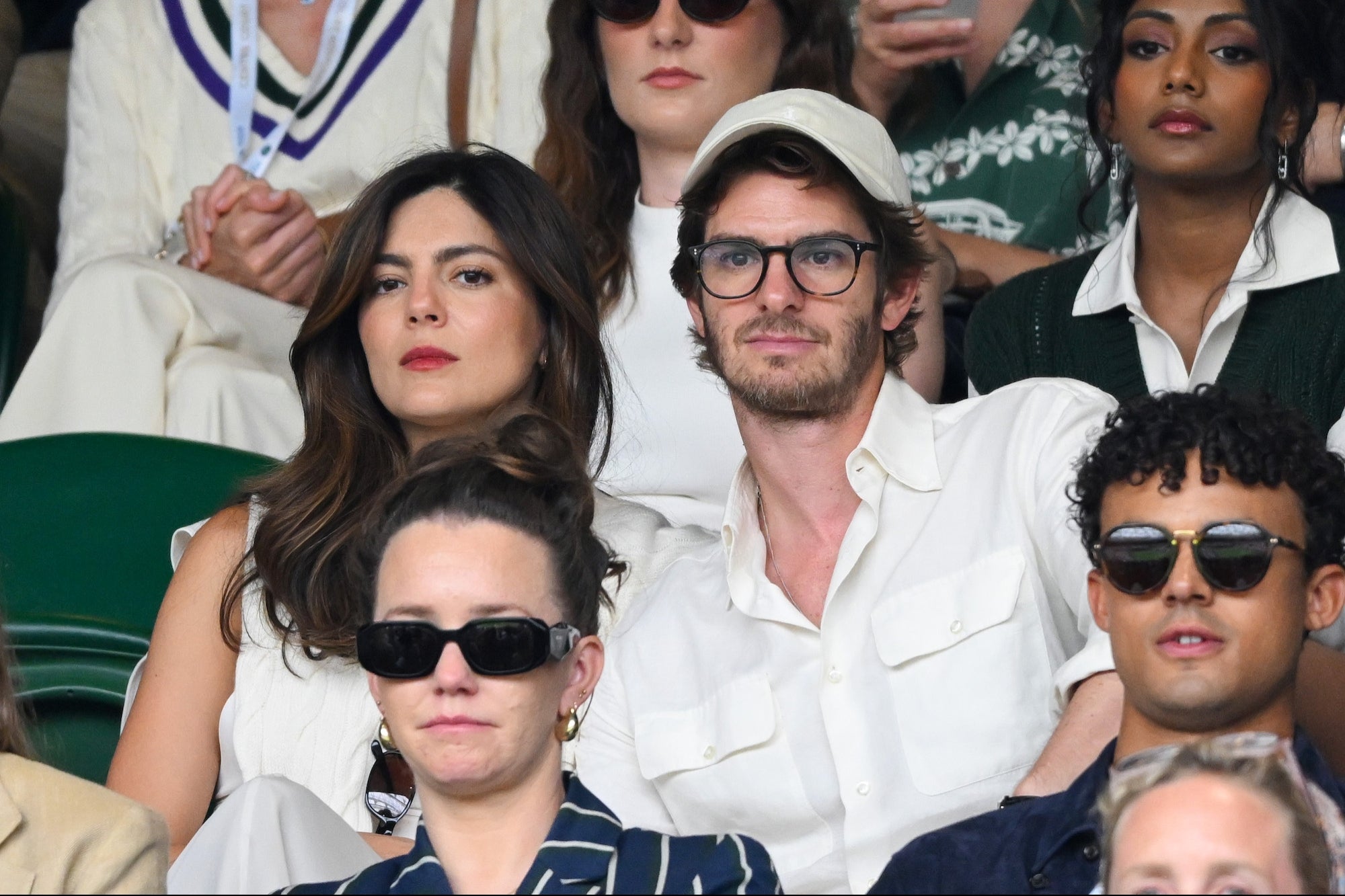Ray Dalio Taught Me Everything I Needed to Know About Money — By Talking About Death The billionaire hedge fund manager reflects on losing his son, and how to move forward after tragedy
By Nicole Lapin
Opinions expressed by Entrepreneur contributors are their own.

Ray Dalio has made more money for investors than any hedge fund manager in history. He built Bridgewater Associates into a $150 billion powerhouse. His insights shape economies. Presidents call him. His book Principles is gospel on Wall Street.
But when I asked him about the moment that changed him most, he didn't talk about markets. He talked about mourning.
In 2020, Dalio lost his eldest son, Devon, in a car accident. Devon was 42.
"You have all the money in the world," I said to him, "but you haven't been immune from pain."
"That's right," he replied. "Every painful experience is a learning lesson."
We often say money doesn't buy happiness. Dalio went further: It doesn't buy immunity. Not from loss. Not from heartbreak. Not from the kind of grief that splits a life into "before" and "after," making every win feel irrelevant.
In that moment, he wasn't a billionaire investor. He was a father. A grieving father, trying to live inside the unimaginable. "What do I want from life?" he asked. "Meaningful work and meaningful relationships. Through radical truthfulness and radical transparency."
No mention of status. No mention of money. Just truth. Connection. Perspective. And pain as a guide — not a detour.
One of Dalio's life formulas goes like this: Pain + Reflection = Progress. That idea wasn't born in a boardroom. It came from devastation. From that, he developed a regular practice: He'd journal memories with his wife each morning over tea. It was a way to keep his son close, and to create space for the ache.
"You will find the sweetness will increase, and the bitterness will decrease," Dailo said. "The ache will always be there. But you'll learn how to dance with a limp."
Most people of extreme wealth hide their wounds. Dalio lets his breathe. He shared how that grief didn't just change him — it clarified him.
He told me that he used to chase success by building better models, hiring smarter analysts, optimizing performance. Then he lost Devon — and learned that the best investment is in people. In meaning. In having a "worst-case number" that gives you peace of mind, and the freedom to focus on what matters more.
I've interviewed countless financial giants, but none spoke about loss this plainly. None offered the permission Dalio did: to fall apart, to reflect, and to rebuild — not just wealth, but wholeness.
"If you know what your worst-case scenario is," he said, "and you know you're good, and your family is good, then you have peace of mind. And you have power."
I flew to New York to interview Ray Dalio for my podcast Money Rehab. I expected a conversation about markets. What I got was a lesson in mortality, meaning, and the one asset that no hedge fund can secure: love.
And that might be the most valuable principle he's ever shared.











